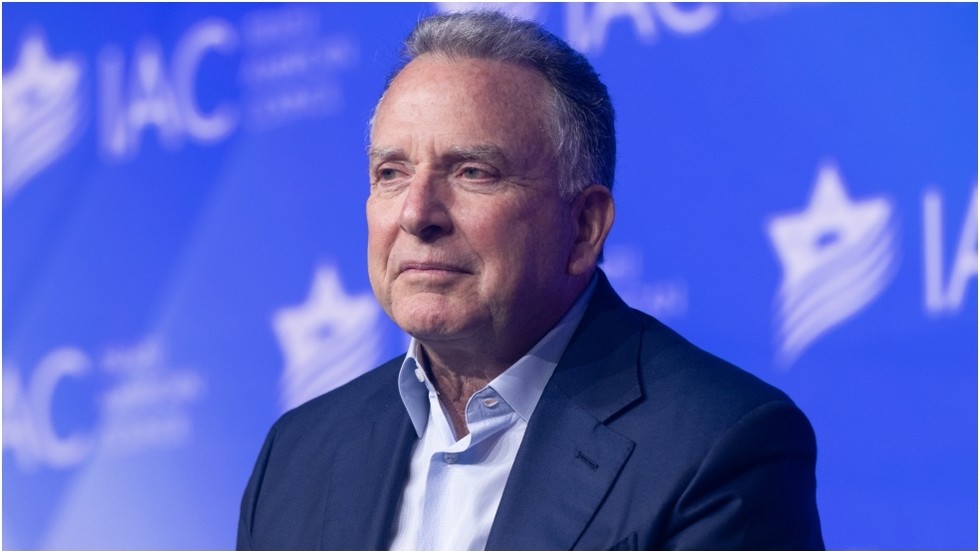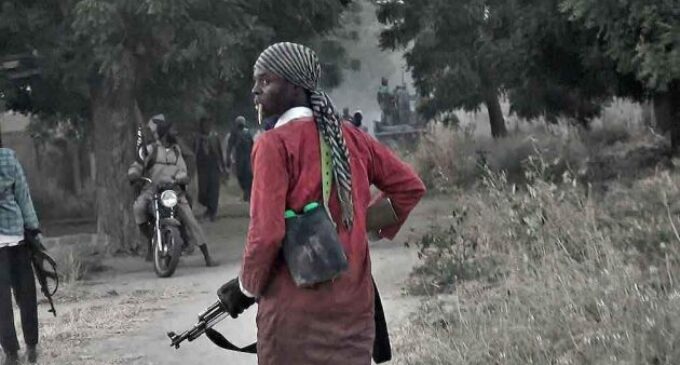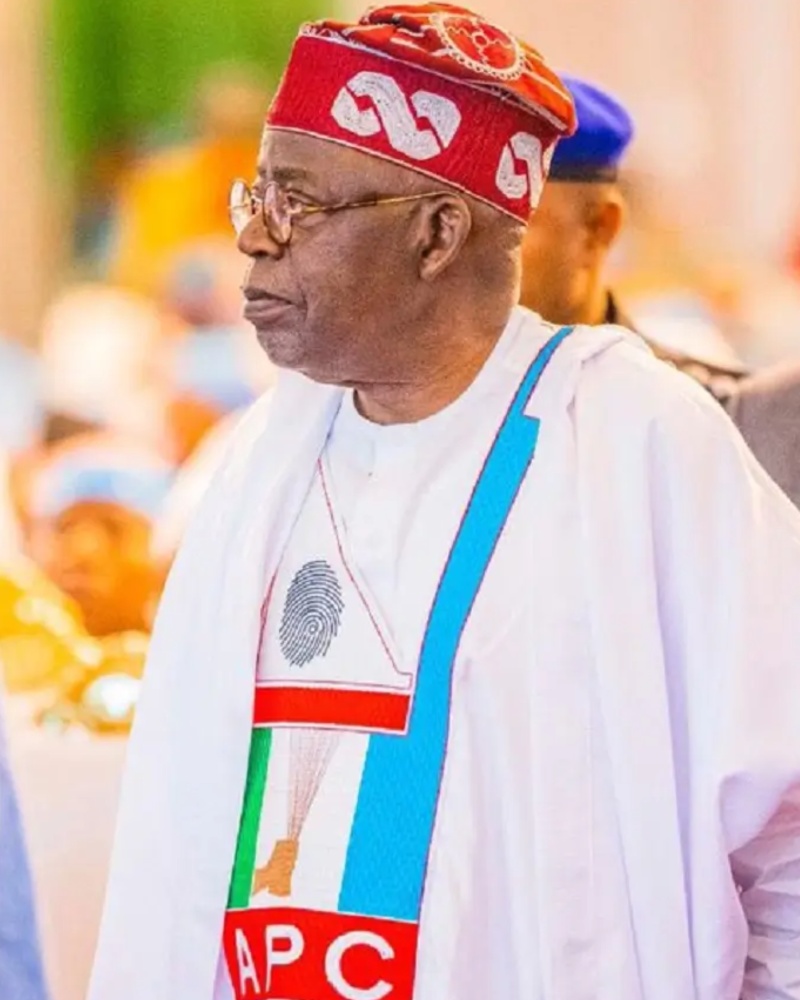African leaders and development institutions have intensified calls to fast-track continental economic integration, citing the African Continental Free Trade Area (AfCFTA) as a pivotal catalyst for transformative growth. The urgency emerged during Saturday’s launch of the 11th Assessing Regional Integration in Africa (ARIA XI) report in Malabo, Equatorial Guinea, where policymakers framed deeper unity as non-negotiable for Africa’s global competitiveness.
Signed by 54 nations and partially operational since 2021, the AfCFTA aims to create the world’s largest free trade zone by population. However, speakers at the event stressed that realizing its full potential requires moving beyond tariff reductions to establish a continent-wide customs union and common market—a vision outlined in the 1991 Abuja Treaty. The report, co-produced by the African Development Bank (AfDB), African Union Commission (AUC), and UN Economic Commission for Africa (ECA), provides a roadmap to achieve this through coordinated policy reforms and infrastructure investments.
“Africa’s integration isn’t optional—it’s a survival strategy,” said Dr. Joy Kategekwa, the AfDB’s Regional Integration Director. She noted that while the AfCFTA facilitates intra-African trade, a unified customs regime remains critical to shield the bloc from external market shocks. “Only through a common external tariff can we protect our industries and negotiate collectively,” she added, highlighting ongoing investments in cross-border energy projects, digital networks, and trade finance systems to connect fragmented economies.
The African Union Commission echoed this imperative, with Agriculture Commissioner Moses Vilakati describing the AfCFTA as a “monumental milestone” requiring accelerated action. “Harmonizing regulations and dismantling non-tariff barriers are no longer debates—they’re deadlines,” he stated, urging reforms to unlock an estimated $3.4 trillion continental GDP by 2050.
UNECA representative Aboubakri Diaw framed ARIA XI as a “practical toolkit” rather than an academic exercise, emphasizing its focus on actionable steps to deepen integration amid shifting global trade dynamics. The report’s recommendations include strengthening regional economic communities like ECOWAS and ECCAS as building blocks for continent-wide systems, a point explored during a panel featuring leaders from these blocs.
While challenges like infrastructure gaps and policy misalignments persist, speakers underscored the human impact of integration. “This isn’t just about railways or tariffs,” Kategekwa concluded. “It’s about enabling a woman farmer in Malawi to sell goods in Nigeria, or a tech startup in Kenya to scale across 54 markets. That’s how prosperity becomes shared.”
With the ARIA XI framework now public, attention shifts to implementation—a test of whether Africa can translate decades of integration rhetoric into a unified economic reality.



